Preserving tooth vitality using Biodentine

specialists

equipment

treatment
Indications
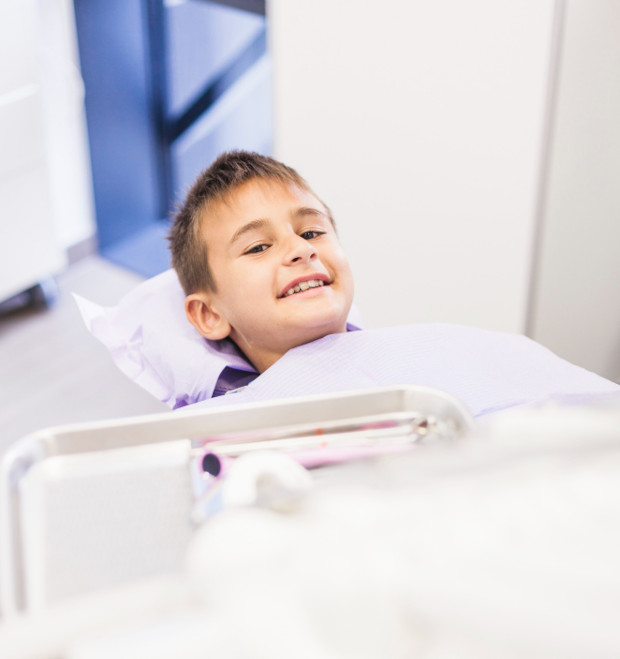
Artificial dentin in dentistry is necessary to preserve children's teeth in the most natural form. This also applies to milk units, which, despite their fragility, must be treated. After all, an infection can easily penetrate into the buds of permanent teeth, complicating their growth with the appearance of destructive diseases.
In addition, premature loss of baby teeth due to untreated pathologies can lead to the formation of malocclusion in a child.
After replacing temporary units with permanent ones, the formation of their roots continues, which lasts 2-3 years. During this period, the most important condition for the success of the process is the viability or vitality of the pulp. The internal soft tissues of the tooth are the source of dentin formation, and when they are damaged or lost, the physiological processes of root formation and hardening of the enamel are disrupted. As a result, this can lead to tooth loss. That is why the use of a biological method of treating pulpitis in children and adolescents is aimed at keeping the pulp “alive.”
Biodentine in dentistry for children is indicated if:
- Pulpitis, periodontitis of milk teeth
- Inflammation of the internal soft tissues of permanent dental units
- Deep caries
Treatment allows you to eliminate the pathological focus, relieve pain, and restore the shape and function of the tooth. Stopping inflammatory processes in the pulp creates conditions for the prevention of periodontitis and proper formation of the tooth root.
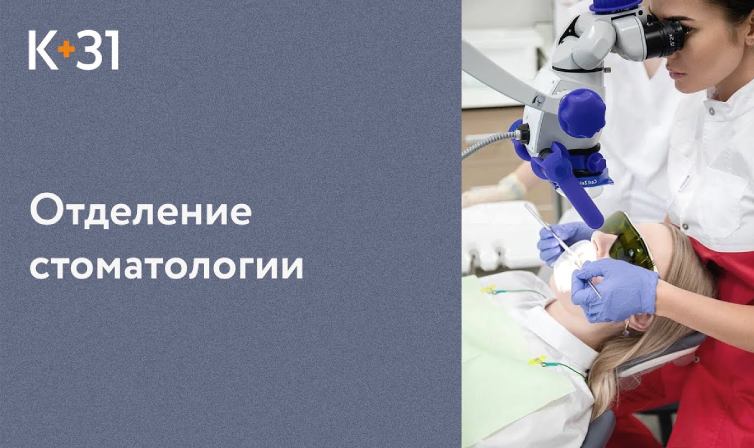
Modern methods of diagnostics and dental treatment at "K+31"
Our doctors

This award is given to clinics with the highest ratings according to user ratings, a large number of requests from this site, and in the absence of critical violations.

This award is given to clinics with the highest ratings according to user ratings. It means that the place is known, loved, and definitely worth visiting.

The ProDoctors portal collected 500 thousand reviews, compiled a rating of doctors based on them and awarded the best. We are proud that our doctors are among those awarded.
Make an appointment at a convenient time on the nearest date
Price
Other Services
Online consultation with a pediatric dentist
Oral hygiene according to the Swiss GBT protocol Plastic frenulum of the tongue Treatment of baby teeth Dental treatment in a dream





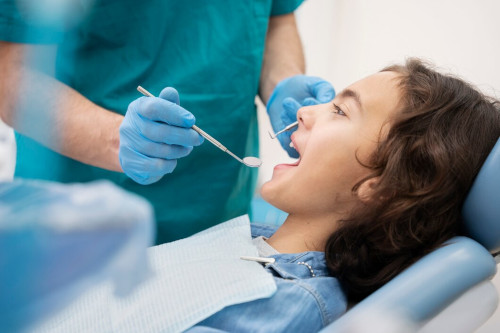
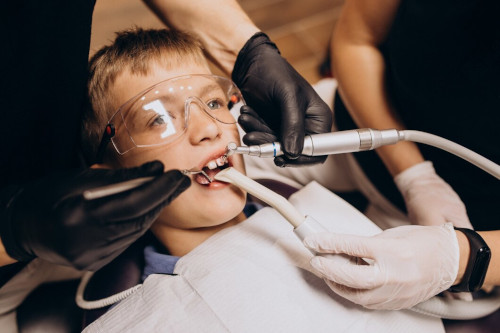
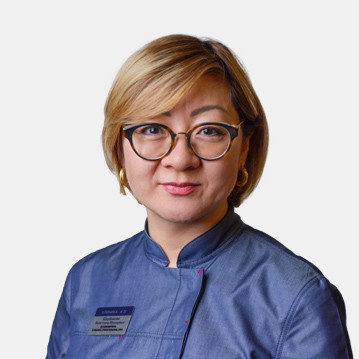
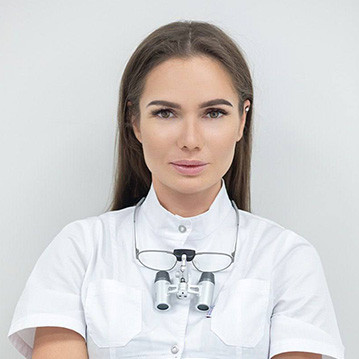
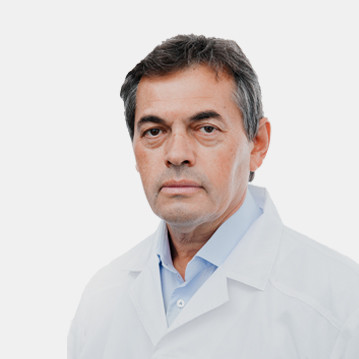
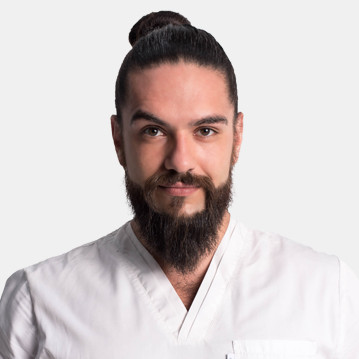
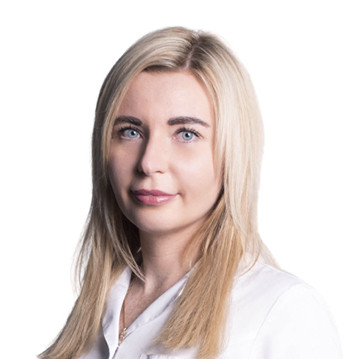
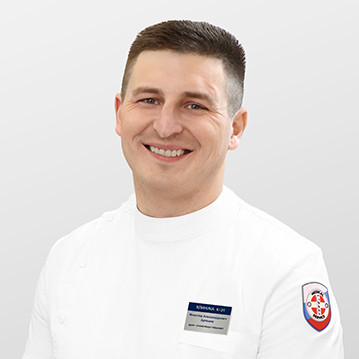
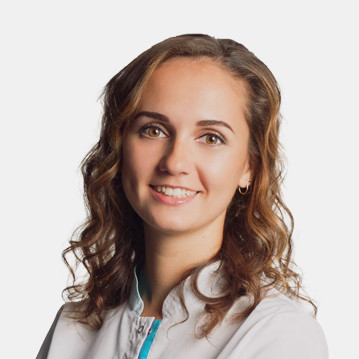
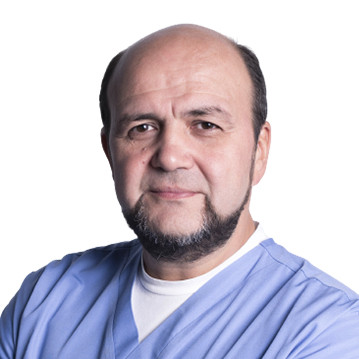
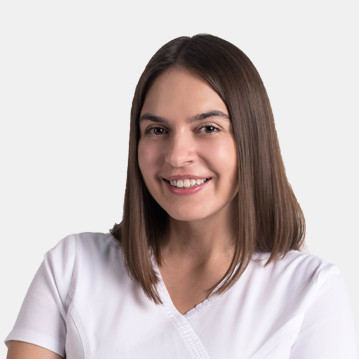
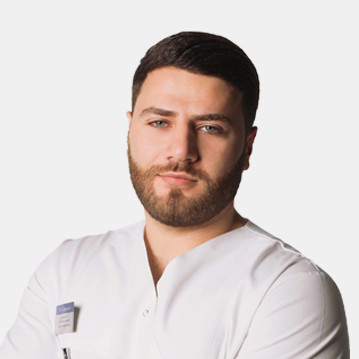
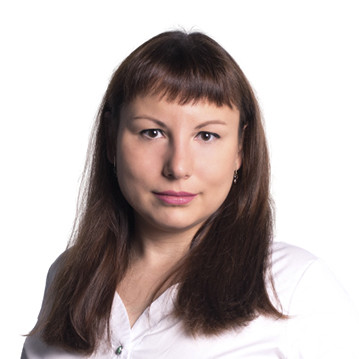
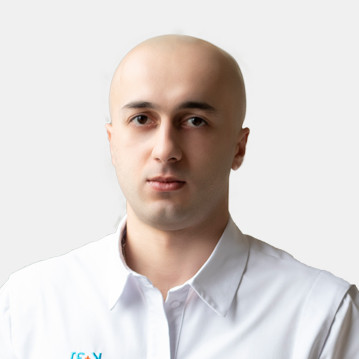
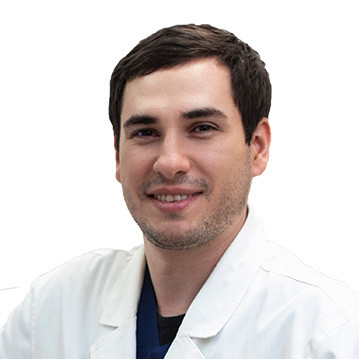
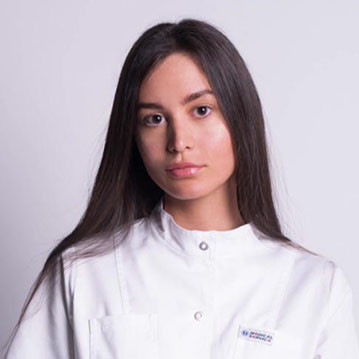
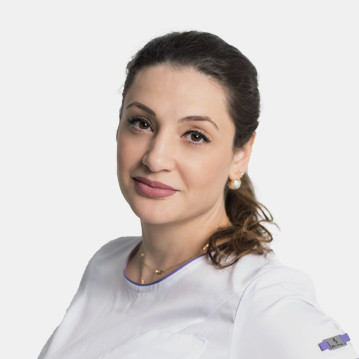
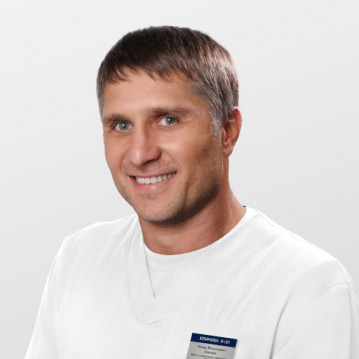
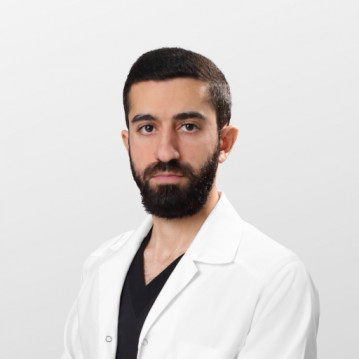
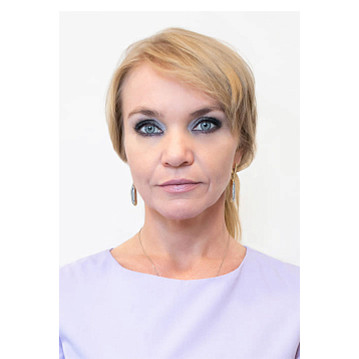
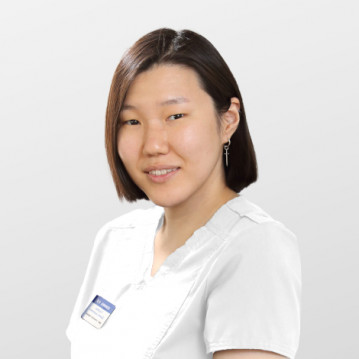
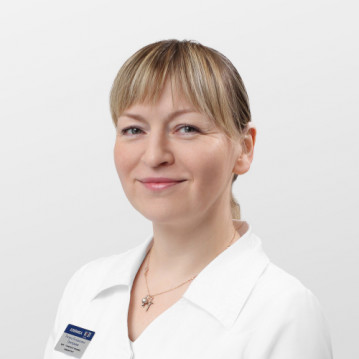
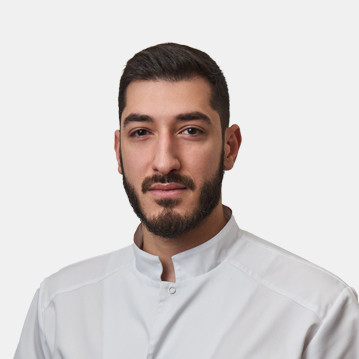
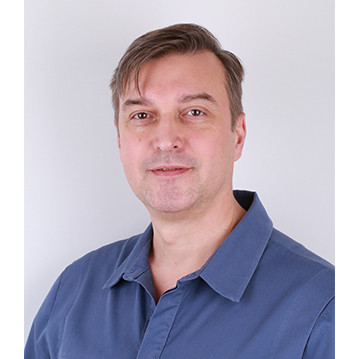
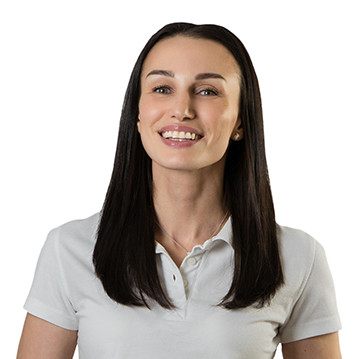
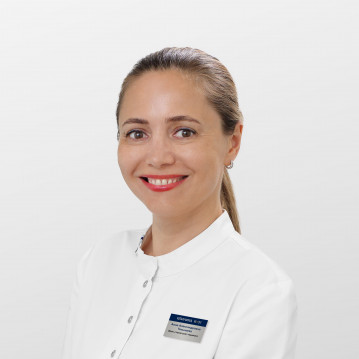
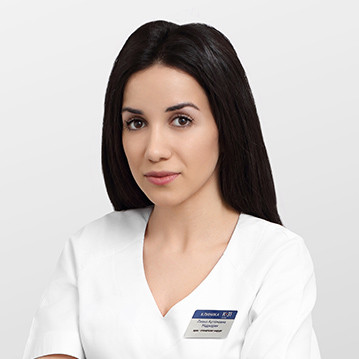
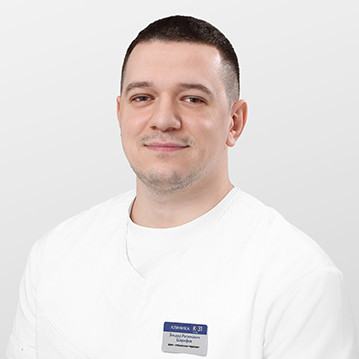
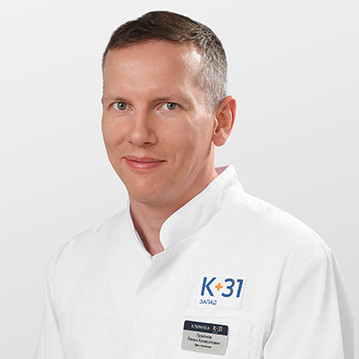
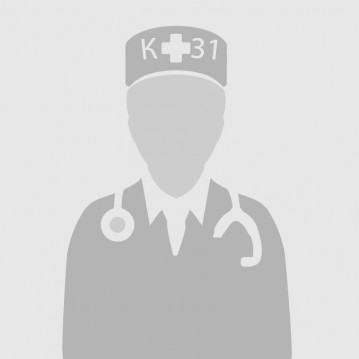
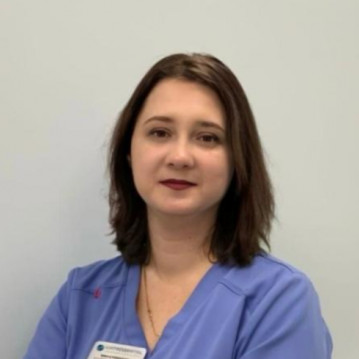
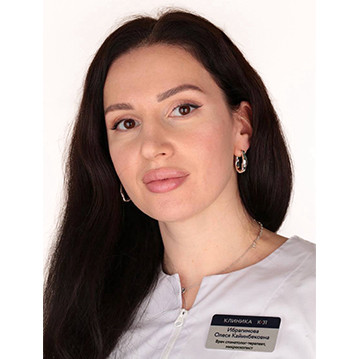
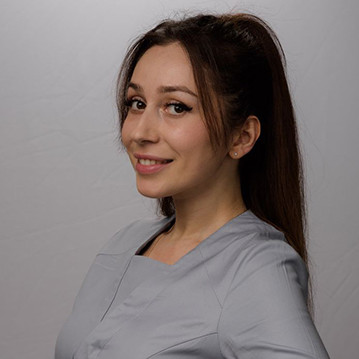
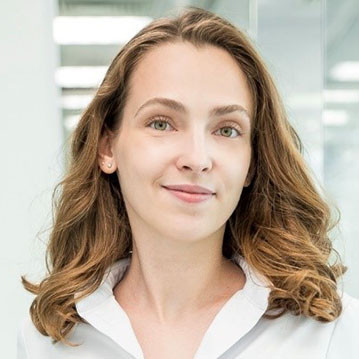
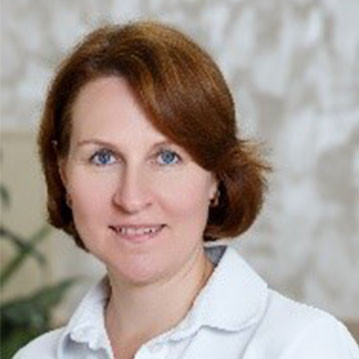
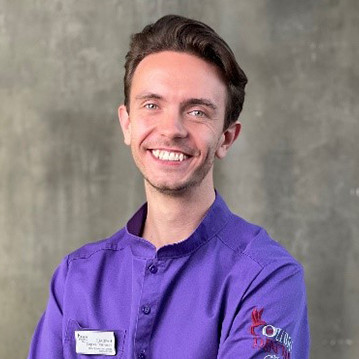
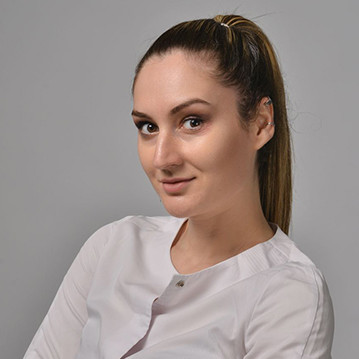
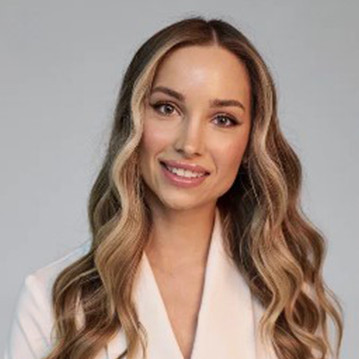
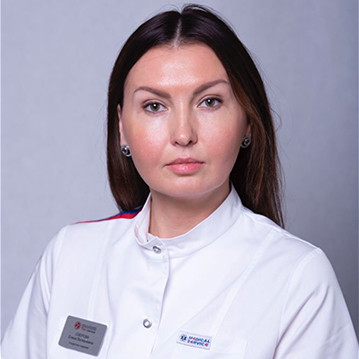
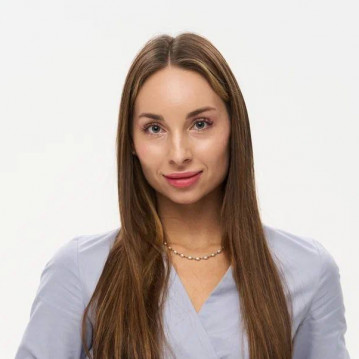
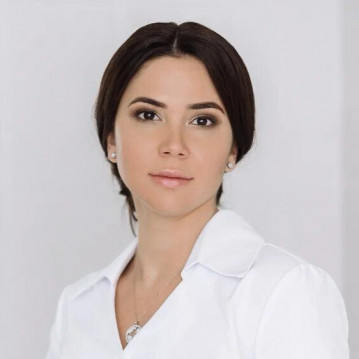
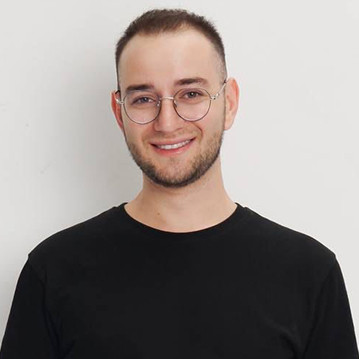
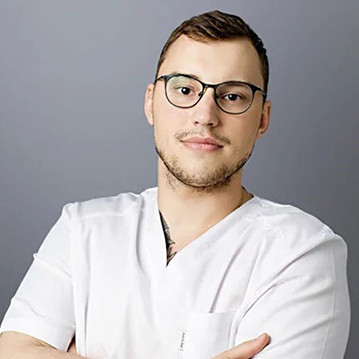





What is biodentine?
This is a new generation of dental cement, which, due to its unique properties, is called “ideal” artificial dentin. A composite composition based on calcium silicate is able to completely replace damaged tissues in the crown and root parts of the tooth, fully restoring their lost functions.
From the point of view of dentists, biodentine is an impeccable material, among the properties of which are:
The unique qualities of the material create optimal conditions for maintaining pulp viability. Unlike calcium hydroxide, biodentine does not dissolve over time and does not change color compared to MTA preparations.
The innovative composition is widely used in the practice of treating primary and permanent teeth in children and adolescents. The material provides a reduction in sensitivity after manipulation and long-lasting restoration results.